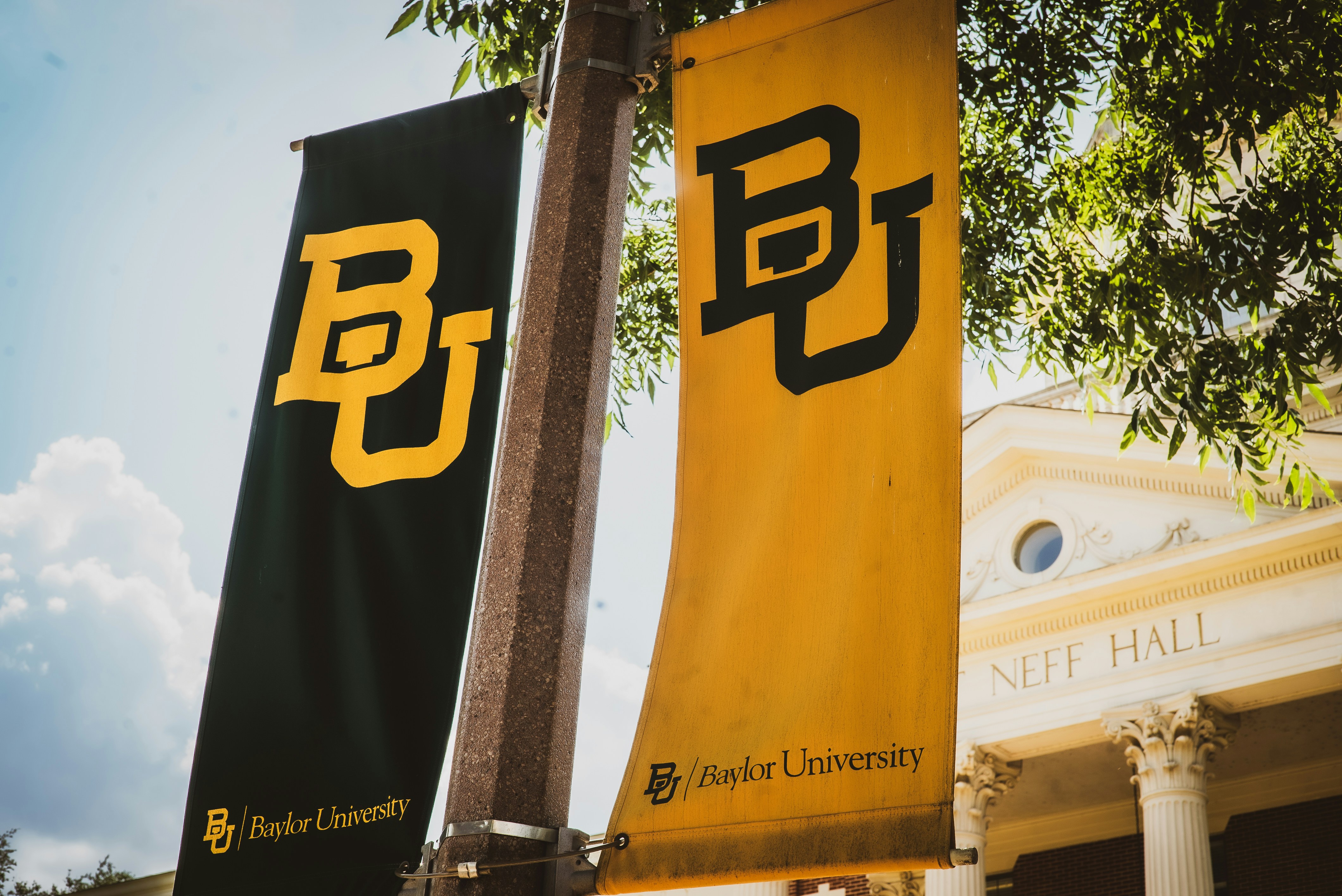
Could it B U? Baylor University and Boston University Square Off in Trademark Battle

Baylor University (Baylor) has sued Boston University for alleged infringement of its logo featuring the letters “BU.” Baylor says it has used a logo with these letters in an interlocking configuration since 1912 and obtained several federal trademark registrations in the 1980s for educational and commercial uses. According to the complaint, the trademark is “one of Baylor’s most recognizable identity designations.”
At the center of the dispute is a purported coexistence agreement reached after Boston University challenged Baylor’s efforts to register its BU trademark. Boston University has historically used a side-by-side configuration of the initials “BU,” while Baylor has used an interlocking configuration.
The complaint states that the coexistence agreement allows Boston University to use the initials “BU,” but “created no right of use of an identical interlocking BU stylized mark for Defendant.” Baylor alleges that Boston nonetheless began using an interlocking BU logo on apparel and promotional materials in 2018 and has since expanded that use despite Baylor’s objections.
Beyond the contract dispute, Baylor appeals to federal and state trademark law to make its case. It claims that Boston University’s use of the mark removes the control Baylor has over the valuable reputation and goodwill it has built under the mark, causing harm to the institution. To prevail, Baylor must show that it owns a legally protectable trademark and that Boston University’s mark is likely to confuse consumers.
Boston University is expected to file its answer in the coming weeks. The case illustrates how even carefully crafted coexistence agreements can lead to disputes as a company’s branding evolves over time. Such agreements work only as long as each party’s branding stays distinct enough to avoid confusion. This battle between two famous schools with strong athletic brands will be closely watched as the case unfolds.
Mark Klein is an Associate Attorney at Goss Law Group. Mark assists clients with business law, intellectual property, and NIL issues.






.jpg)







































